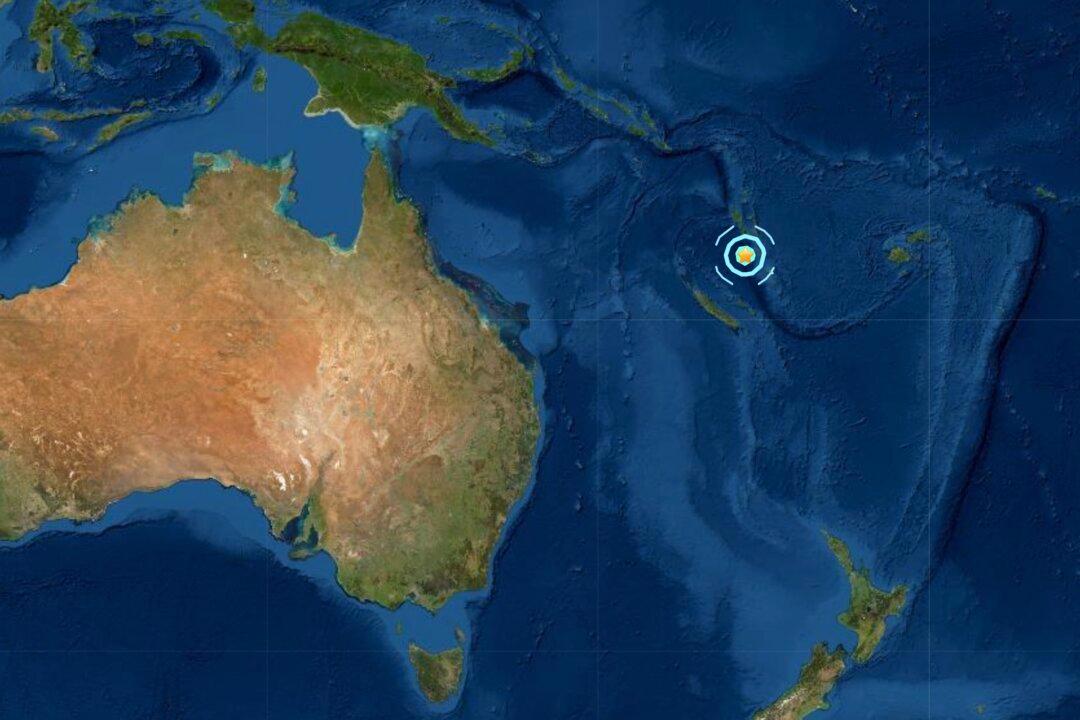The United States plans to open an embassy in the Pacific Island nation of Vanuatu, its latest move to boost diplomatic relations in the region in response to Beijing’s growing influence.
“Consistent with the U.S. Indo–Pacific strategy, a permanent diplomatic presence in Vanuatu would allow the U.S. Government to deepen relationships with Ni-Vanuatu officials and society,” the U.S. State Department said in a statement.





